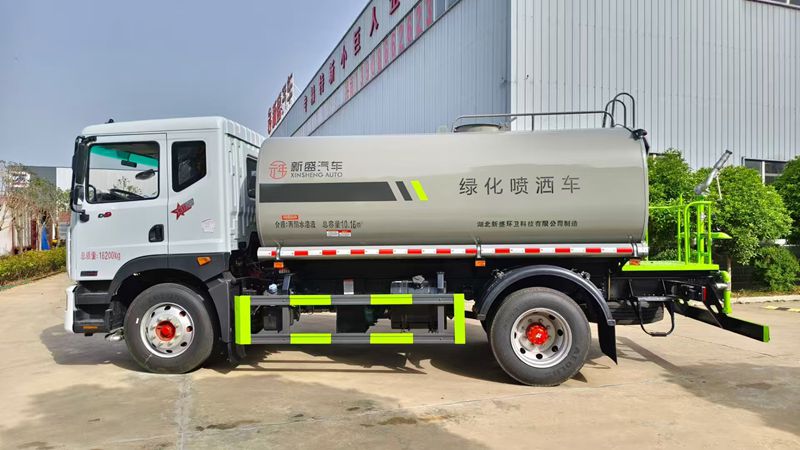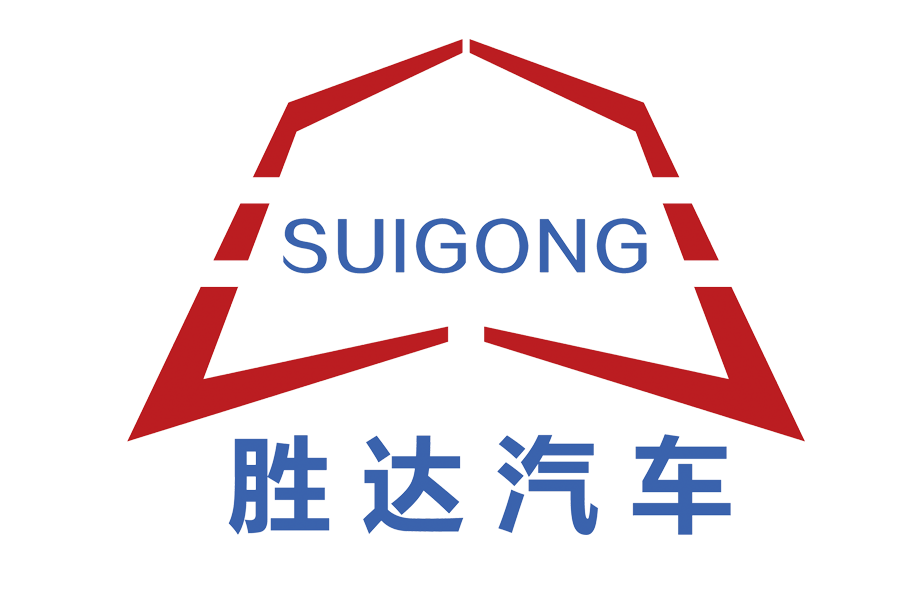Sprinkler trucks are emerging as powerful allies in addressing urban environmental challenges, from mitigating the effects of heat islands to supporting community-driven green projects. With innovative technologies and community-focused strategies, these versatile vehicles are playing a pivotal role in creating healthier, more sustainable cities worldwide.
Combatting Urban Heat Islands with Targeted Cooling
As global temperatures rise, urban heat islands—areas where concrete and asphalt trap heat—pose growing risks to public health. Sprinkler trucks are being deployed in strategic cooling campaigns to alleviate this issue. In Phoenix, Arizona, a city regularly experiencing summer temperatures above 40°C, municipal authorities use a fleet of sprinkler trucks to mist downtown streets, parks, and public transit stops during peak heat hours. Equipped with temperature sensors, the trucks activate when ambient temperatures exceed 38°C, lowering surface temperatures by up to 10°C in treated areas. A 2024 study found that these cooling zones reduced heat-related emergency calls by 22% in the city’s most vulnerable neighborhoods.

In Shanghai, China, sprinkler trucks are used to cool large urban squares and pedestrian zones during heatwaves. The trucks operate on a rotating schedule, focusing on areas with high foot traffic and limited shade. Local residents report that the cooled spaces have become essential gathering spots during extreme heat, improving quality of life for thousands. “The sprinkler trucks turn unbearable afternoons into manageable ones,” says a Shanghai resident. “We can finally take our kids to the park without worrying about heat exhaustion.”
Empowering Community Green Projects
Sprinkler trucks are becoming key enablers of community-led 绿化 (greening) initiatives, providing the water resources needed to transform underutilized spaces into vibrant green areas. In Detroit, Michigan, where decades of urban decline left many vacant lots, community organizations have partnered with the city’s sprinkler truck fleet to support “Green Block” projects. Sprinkler trucks visit these lots weekly, watering newly planted trees, community gardens, and native flower beds that residents have installed. Over the past two years, these projects have converted more than 50 vacant lots into green spaces, with survival rates of planted vegetation reaching 85%—significantly higher than manual watering efforts.
In Nairobi, Kenya, sprinkler trucks are supporting “Urban Oasis” programs in informal settlements. These trucks deliver water to community-managed gardens where residents grow vegetables and fruit trees, improving food security and creating green buffers against dust and pollution. “Before the sprinkler trucks started coming, our plants would wither in the dry season,” says a community gardener. “Now we harvest enough to feed our families and sell surplus at local markets.”
Innovative Technologies for Water Efficiency
Cities are integrating advanced technologies into sprinkler truck operations to maximize water efficiency and minimize waste. In Singapore, a smart sprinkler system uses real-time weather data and soil moisture sensors to adjust watering schedules dynamically. The city’s sprinkler trucks are equipped with IoT-enabled meters that measure water usage per zone, allowing operators to fine-tune application rates. This precision has reduced overall water consumption for urban greening by 35% while maintaining healthier vegetation.
In Berlin, Germany, some sprinkler trucks are fitted with solar-powered pumps and rainwater harvesting tanks mounted on their roofs. These hybrid systems collect rainwater during wet weather and use solar energy to power pumping operations, reducing reliance on the electrical grid and municipal water supplies. The trucks also feature variable-pressure nozzles that adjust spray intensity based on the type of vegetation being watered—gentler for delicate flowers, stronger for robust trees.


